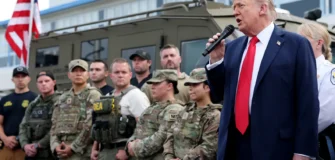Trump Threatens Military Action and Aid Cut to Nigeria Over Alleged Killing of Christians
Share
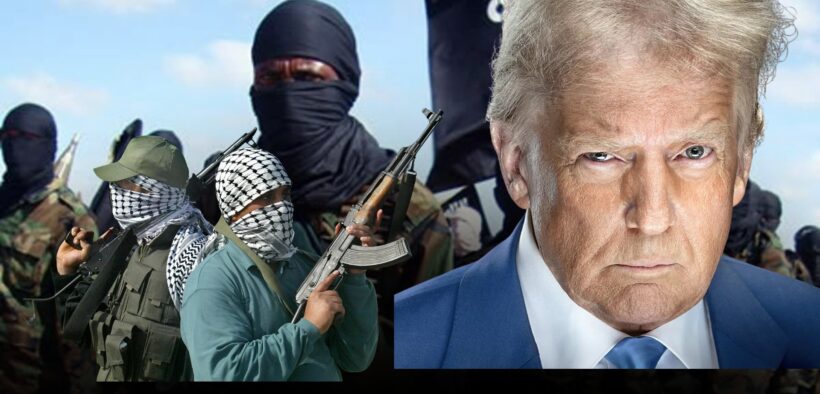
President Donald Trump has ignited a wave of diplomatic concern after announcing that he has instructed the Pentagon to prepare for “possible action” in Nigeria, citing reports of alleged killings of Christians in the country. In a statement shared with reporters, Trump also threatened to immediately cut off all U.S. foreign aid to Nigeria, accusing its government of failing to protect religious minorities.
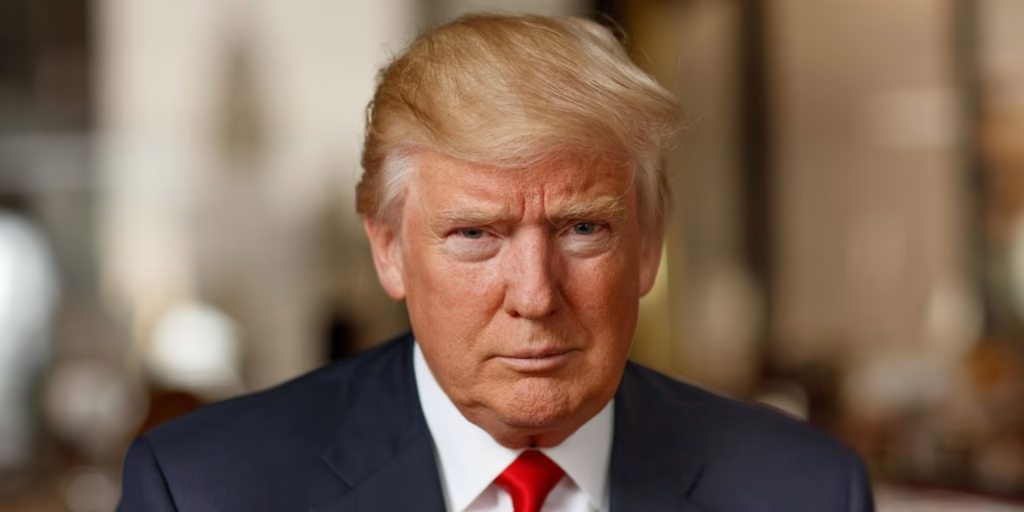
Trump’s comments, made during a press briefing, came without evidence or details from official intelligence sources. “The reports are very bad,” he said. “We’re looking at it very closely. The Pentagon is prepared to act, and we will not continue sending aid to any government that allows this kind of killing.”
The Nigerian government swiftly responded, reaffirming its commitment to protect all citizens regardless of faith. A spokesperson from Abuja stated, “Nigeria is a secular country. The government does not and will not discriminate based on religion. We remain dedicated to the safety and unity of every Nigerian, Christian, Muslim, or otherwise.”
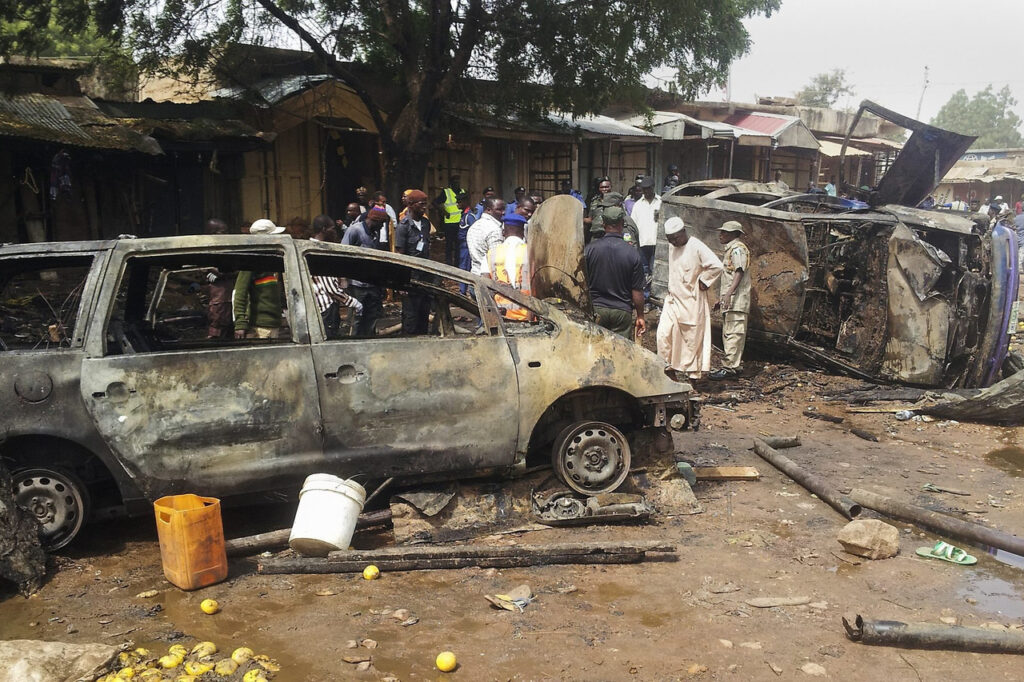
The President’s remarks have raised alarm among international observers, who warn that military involvement in Nigeria, Africa’s most populous nation and one of the U.S.’s closest partners on the continent, could destabilize an already fragile regional balance. Analysts also noted that Nigeria plays a key role in counterterrorism operations across West Africa, and any disruption in U.S. relations could have far-reaching consequences.
In recent years, Nigeria has faced internal violence driven by complex factors, including ethnic clashes, competition for land, and extremist attacks from groups like Boko Haram. However, many human rights experts caution against framing the conflict purely as “Christians versus Muslims,” arguing that oversimplification risks inflaming sectarian tension and misrepresenting the country’s reality.
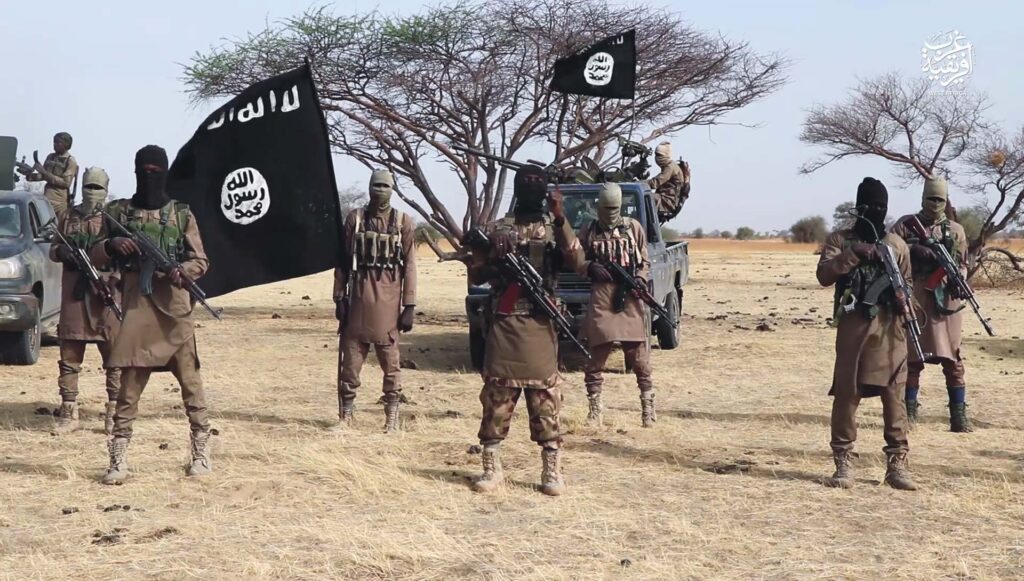
Trump’s warning also comes at a time when U.S.-Africa relations are under renewed scrutiny, with critics accusing Washington of inconsistent engagement and selective outrage. African diplomats privately expressed frustration, suggesting that such statements ignore local context while amplifying division. “This isn’t just about religion,” one West African policy analyst said. “It’s about poverty, inequality, and governance, issues that need partnership, not threats.”
For many in the global Black community, the episode feels like déjà vu, another moment where Africa becomes a stage for U.S. political posturing rather than genuine collaboration. The idea of military “action” in a sovereign African nation raises old memories of interventionist policies that too often disregard African agency and leadership.
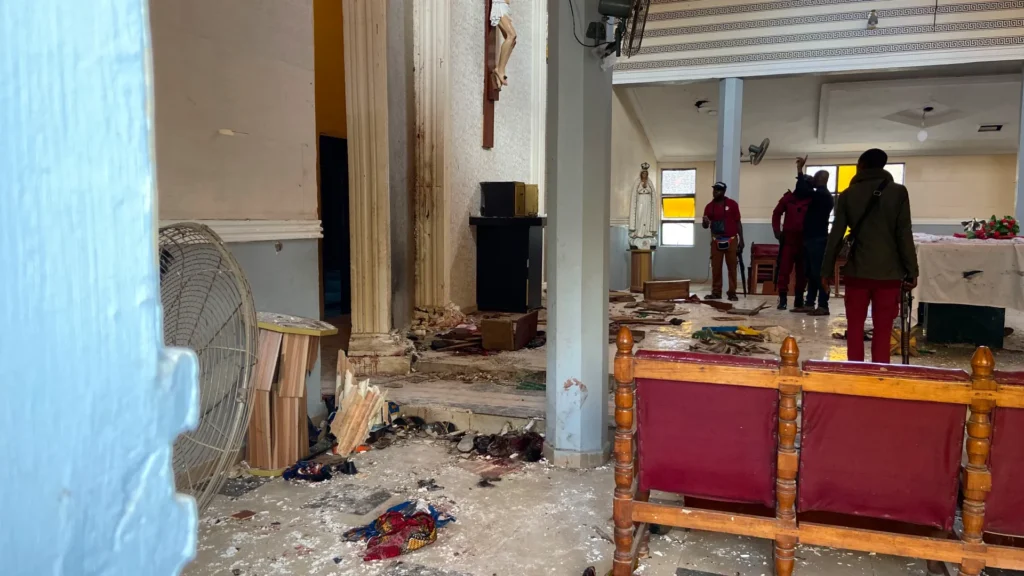
As Nigeria continues to manage internal tensions and the U.S. weighs its next steps, world leaders and advocacy groups are calling for restraint and diplomacy over aggression. Whether this episode escalates into real policy or remains rhetorical pressure, it underscores the delicate intersection of religion, politics, and race that continues to shape global perceptions of power, and the persistent demand for respect between Africa and the West.

